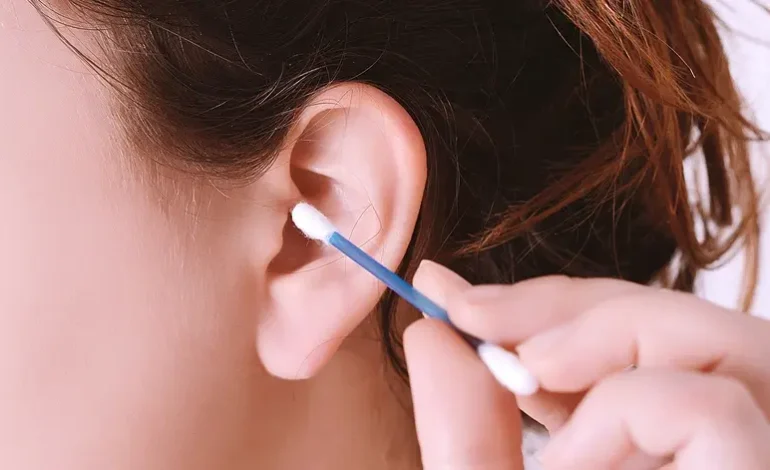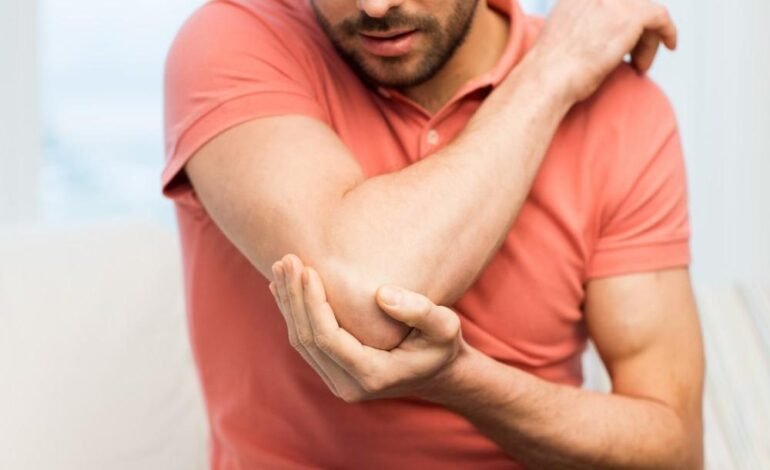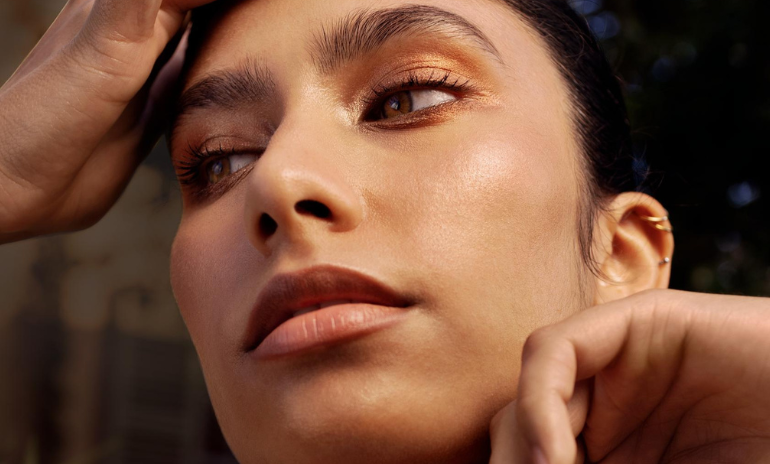
How to keep your ear clean with care
Mar 22, 2025
Keeping your ears clean and healthy is essential for good hearing and preventing ear infections or discomfort. Here are some helpful tips for ear care:
1. Avoid Inserting Objects into Your Ears
- No cotton swabs: Inserting cotton swabs or other objects into your ear canal can push earwax deeper inside, causing blockages or even damage to the ear canal or eardrum.
- Ear cleaning: Your ears are self-cleaning, and earwax usually works its way out naturally. You only need to clean the outer part of the ear with a soft cloth or tissue.
2. Clean Your Ears Gently
- Use a soft cloth to wipe the outer ear and around the ear canal, but avoid inserting anything into the ear canal itself.
- Ear drops: If you have excess earwax or feel that your ears are blocked, over-the-counter ear drops can help soften the wax so it can naturally work its way out. Follow the instructions on the product for safe use.
3. Protect Your Ears from Loud Noises
- Use ear protection: Loud sounds can damage the sensitive structures inside your ear. If you’re exposed to loud environments (e.g., concerts, construction sites, or loud music), wear earplugs or earmuffs to protect your hearing.
- Limit exposure: Keep the volume down when listening to music or watching TV, and take breaks to give your ears a rest.
4. Keep Your Ears Dry
- Dry your ears after swimming or showering: Water trapped in the ear can lead to infections, especially in the outer ear canal (a condition known as swimmer’s ear). After swimming or showering, tilt your head to let water drain out, and gently dry the outer ear with a towel.
- Use earplugs: If you’re prone to ear infections or water buildup in your ears, consider wearing earplugs while swimming.
5. Maintain Ear Hygiene in Humid Environments
- Avoid prolonged moisture: Constant exposure to moisture can increase the risk of ear infections. If you live in a very humid area or sweat a lot, make sure to dry your ears thoroughly after getting wet.
- Keep earphones and hearing aids clean: If you use earphones, headphones, or hearing aids, clean them regularly to prevent the buildup of bacteria or earwax.
6. Don’t Ignore Ear Discomfort or Symptoms
- Earache or pain: If you experience ear pain, discomfort, or a feeling of fullness in your ears, don’t ignore it. These can be signs of an ear infection, blockage, or other issues. See a healthcare professional if symptoms persist.
- Tinnitus (ringing in the ears): If you experience ringing, buzzing, or a feeling of fullness in the ears, consult an ear specialist. Tinnitus can sometimes be a sign of hearing loss or ear problems.
7. Limit Earwax Buildup
- Earwax: Everyone has earwax, and it’s normal for the ears to produce it. In fact, earwax helps protect your ears by trapping dust, debris, and bacteria. However, too much earwax can cause discomfort or hearing problems.
- Earwax removal: If you have excessive earwax, consult a healthcare professional for safe removal, as improper cleaning can damage your ears.
8. Keep Your Ears Safe While Traveling
- Prevent ear discomfort during flights: Changes in air pressure during takeoff and landing can cause ear discomfort. To relieve this, chew gum, swallow, or yawn to help equalize the pressure.
- Ear protection on long trips: If you’re traveling by plane or train, consider using earplugs to reduce noise and protect your ears from environmental stress.
9. Maintain a Healthy Diet
- Hydration: Staying well-hydrated can help prevent ear infections and ensure proper ear function.
- Vitamins and minerals: A balanced diet rich in vitamins, especially vitamin A (for healthy skin), vitamin C (for immune function), and vitamin E (for ear tissue health), can help support overall ear health.
10. See a Doctor Regularly
- Routine check-ups: If you have any concerns about your hearing, earwax buildup, or ear infections, make regular visits to a healthcare professional. An audiologist or ENT (ear, nose, and throat) specialist can provide proper care and treatment for your ears.
By following these simple ear care tips, you can maintain your ear health, avoid unnecessary infections or injuries, and preserve your hearing for years to come.



